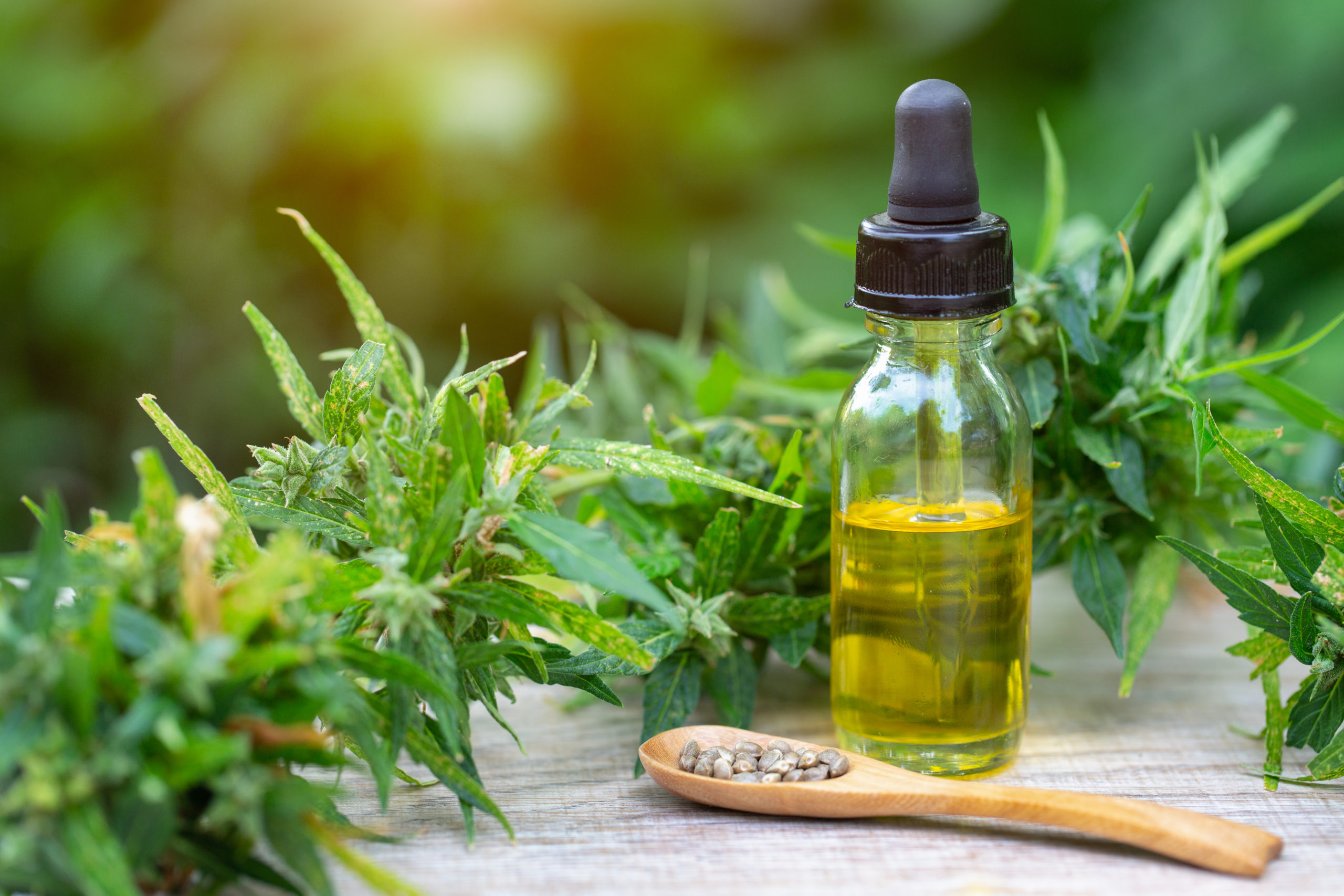During its annual hemp forum held earlier today, the Minnesota Department of Agriculture (“MDA”) provided new information regarding the upcoming inspections of licensed hemp processors. This is the first time MDA will begin inspecting hemp processors’ premises since the creation of Minnesota’s hemp program. Anyone converting raw hemp into products must obtain a hemp license through MDA. As part of that license application, the licensee grants MDA access to inspect the processing premises – though not without warning, as described below.
MDA described the first two years of processor inspections as an opportunity for it to learn about Minnesota’s hemp processors, the variety of the processors, and the scope of these processors’ operations. It intends to use information and data collected during the next two years to develop a standard operating procedure for providing a regulatory framework for the hemp industry. MDA assured attendees during the forum that regulatory enforcement will not be the goal the first two years of inspections. After the two years of information gathering, MDA expects to use the compiled data for creating a formal inspection protocol to be proposed during the administrative rule-making process.
Before the inspections, MDA will provide processors with a “Tennessen warning,” otherwise called a “privacy notice.” Such warning will inform the processor when the inspection will take place, what information is being collected, why the data is being collected, and the consequences of not allowing the inspection or gathering of data. MDA provided attendees assurances during the hemp forum that inspectors will not be showing up at processing sites unannounced.
The inspections will have a multiple parts. First, MDA’s inspection will include a review of the processor’s documentation, which will include documents reflecting the purchasing and acquisition of raw hemp, the raw hemp’s Fit for Commerce certificate provided by the hemp’s grower, and proof of sale reflecting the amount and type of any raw hemp purchased by the processor. MDA will also look for a processor’s standard operating procedures relating to the storage and disposal of non-compliant hemp and documentation reflecting the amount of non-compliant hemp destroyed. (If you do not have your standard operating procedures documented, take this as a signal to do that as soon as practicable.) Inspections will also include collecting data regarding the types of processing being performed at the facility, a description and square footage of the operations, and any potential changes or update to the facility’s operations.
After the inspection, MDA will provide the licensed processor a summary report. MDA informed the forum attendees that if any corrective action needs to be taken as a result of non-compliance, MDA will provide the licensee 30 days to do so. It is unclear as to what non-compliance MDA was referencing for potential corrective action, given that MDA touted the first two years of inspection as being focused on information gathering and not enforcement.
MDA laid out a tentative timeline for its inspection program. The last day to obtain a hemp processing license for the current window is April 30, 2022, and MDA will begin reaching out and scheduling inspections in June. MDA’s goal is to complete the inspections by the end this year and compile the inspections’ data prior to the start of inspections in 2023.
MDA’s inspection of processors is not an unusual turn of events but rather expected in such a scrutinized industry. While government inspections may be viewed as a burden on business, these inspections can provide multiple benefits for the industry. First, businesses do better when it is clear what is expected of them from regulators. If there is not a common set of rules, an industry runs the risk of businesses doing the least for quality control in order to compete with less scrupulous businesses. Clear and enforced regulations put business on a more even playing field for competition. Second, such inspections can weed out fly-by-night processors who do not put forth the quality controls necessary for the industry. Third, banks, lenders, and investors will find value in a processor’s history of compliant MDA inspections. Finally, a history of compliant MDA inspections may decrease law enforcement suspicions and interference.
Again, MDA provided this information during an informal forum and the information and process may change as it modifies its inspection plans and protocols. But this information will provide hemp processors an outline of what to expect in the next two years as MDA begins inspecting their facilities.
If you have any questions about your cannabis/hemp business, please do not hesitate to contact Carol Moss at (952) 746-2187 or [email protected].
Carol Moss is a partner with Hellmuth & Johnson, a law firm located in Edina, Minnesota. Carol has a passion for advising and guiding her clients as they grow and navigate challenges, especially in the cannabis industry, allowing them to focus on creating and continuing successful businesses. She represents cannabusiness clients at different points in the product stream – from growers to retailers. Her focus on assisting her business clients to succeed has led her to become a board member of the National Association of Women Business Owners-Minnesota. Working with a full-service law firm, Carol is able to support her clients with whatever situation come their way.


